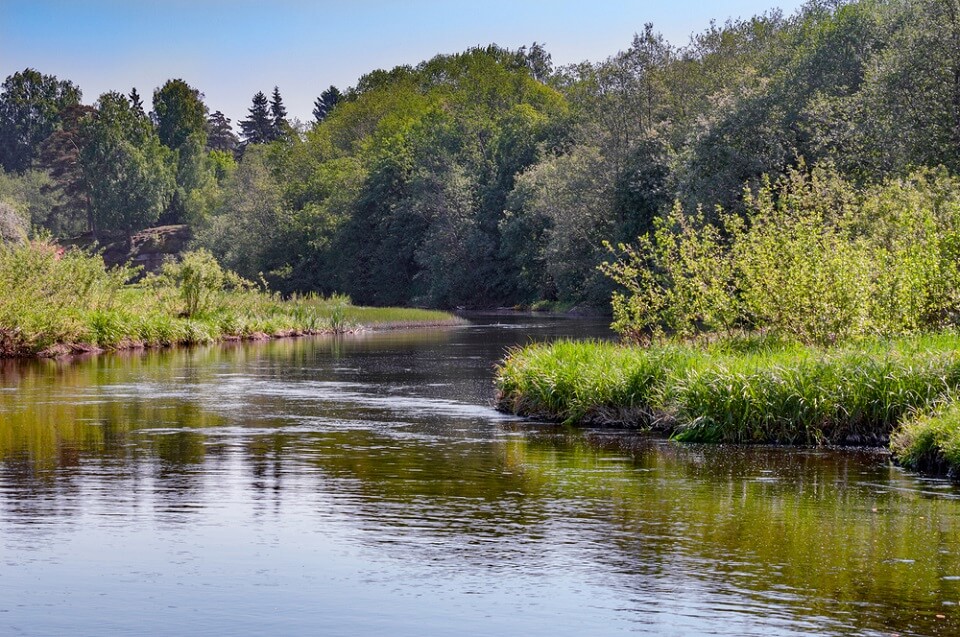Making freshwater habitats more complex should be key conservation priority, researchers say

Restoring the complexity of habitats in rivers and canals should be a key priority for conservationists, researchers have said, after studying the impact litter has on the small insects (known as macroinvertebrates) living there and the effects of current conservation efforts.
Led by Dr Tory Milner from Keele University, the research team were investigating the impact of anthropogenic litter, which is caused by human activity – on the biodiversity of macroinvertebrates living in urban freshwater environments.
The researchers focused on two urban stretches of an urban river and two stretches of a canal in Huddersfield, West Yorkshire for this study, looking at the number of different species living in their sampled areas and how the presence of different types of litter impacted macroinvertebrate communities.
They found that there was a greater variety of macroinvertebrate organisms, such as aquatic insects, snails, and worms, in the natural elements of each environment, such as gravel in the riverbed and the vegetation in the canals.
However, the researchers also found that litter within these ecosystems also had macroinvertebrates living on it, particularly in areas where the natural habitat was sparse or less complex.
Their findings, published in the journal Environmental Pollution, showed there were distinct differences between macroinvertebrate species found on each litter type, such as plastics, metal, polystyrenes, and fabrics, possibly due to differences in structure, shape and texture.
Conservation efforts should focus on removing these litter items, but the researchers argue that without anything natural to replace them like wood, gravel, or boulders, the species that make habitats on the litter would actually be worse off.
Dr Tory Milner, a Lecturer in Environmental Geography, said: “The restoration of urban rivers and canals, and the removal of litter should be a top priority for freshwater conservation. However, litter should be rinsed during clean-ups to reduce any macroinvertebrate loss. In urban rivers and canals, restoration could include gravel augmentation and installing wood or boulders to increase flow and sediment diversity.”
Most read
- Keele-led partnership to lead multi-million pound research initiative to transform mental health support
- New debate series to explore societal challenges affecting universities
- Keele researchers selected for prestigious USA exchange programme
- Keele University launches pioneering green hydrogen generation hub
- Keele celebrates graduation of its first fully qualified paramedics
Contact us
Andy Cain,
Media Relations Manager
+44 1782 733857
Abby Swift,
Senior Communications Officer
+44 1782 734925
Adam Blakeman,
Press Officer
+44 7775 033274
Ashleigh Williams,
Senior Internal Communications Officer
Strategic Communications and Brand news@keele.ac.uk.



